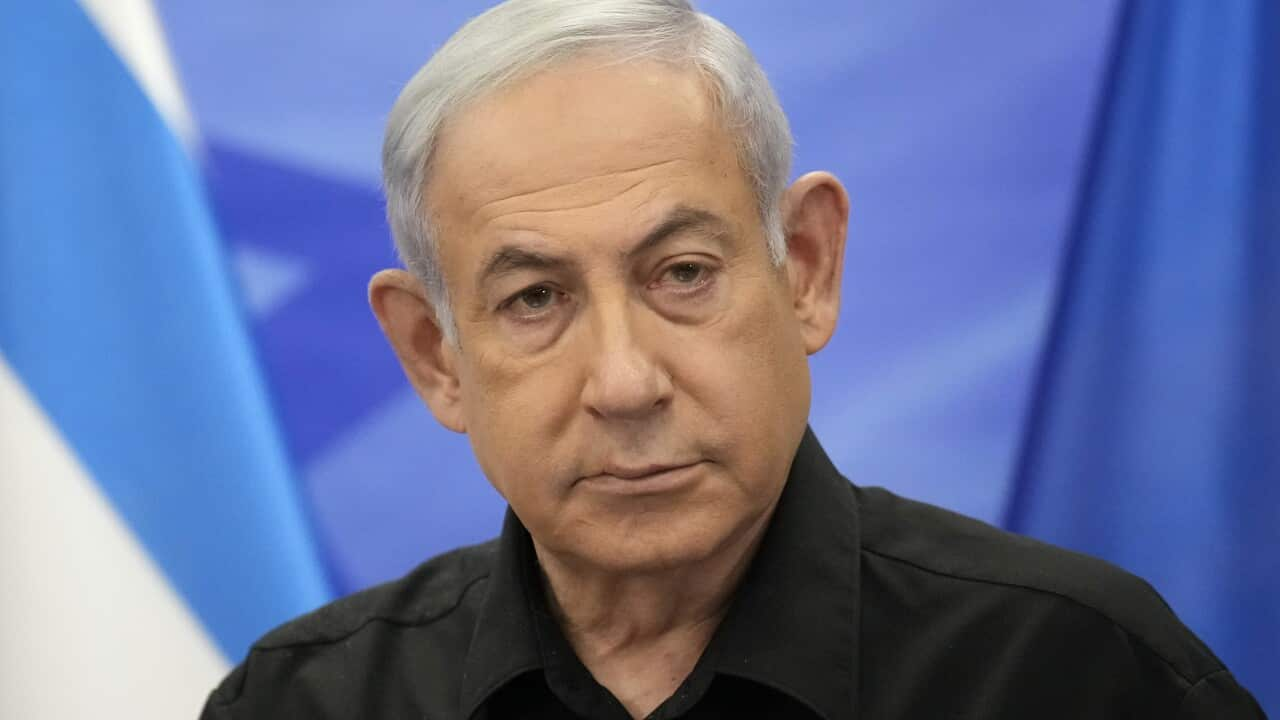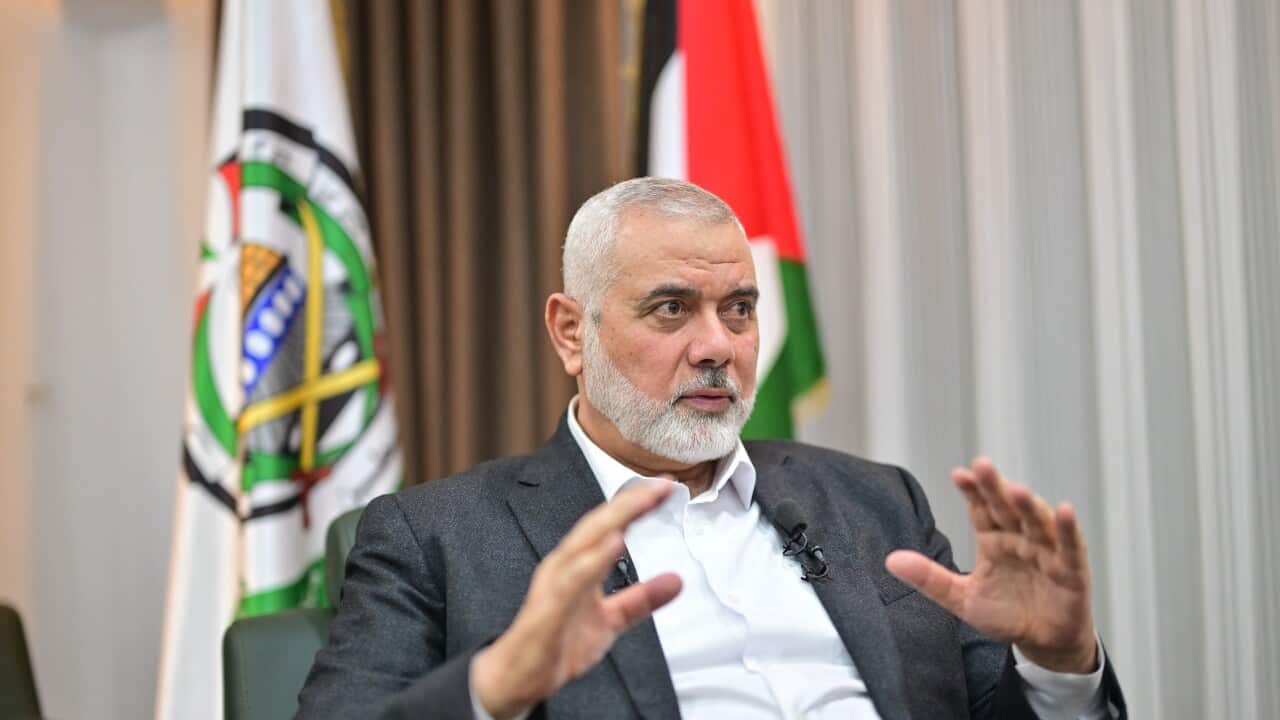The federal government has renewed calls for Australians to leave Lebanon as soon as possible after an Israeli strike killed Hezbollah's top commander Fuad Shukr.
Prime Minister Anthony Albanese warned on Thursday that conflict in the Middle East could escalate after the death of Shakur and the — the political leader of Palestinian militant group Hamas — in Iran.
About 15,000 Australians live in Lebanon, according to Department of Foreign Affairs and Trade estimates, and Albanese warned it may become impossible for them to leave if commercial flights out of Lebanon's capital, Beirut, are halted.
"Given the numbers of people who are there, there's no guarantee ... people will be able to come home through other means if that airport is shut," Albanese told reporters in Sydney.
His warning echoed an earlier statement from Foreign Minister Penny Wong, who on Wednesday night said "now is the time" for Australians in Lebanon to leave.
"You may not be able to leave Lebanon for an extended period," she said in a video message posted on social media.
The remarks come as Defence Minister Richard Marles said the federal government was "thinking through contingencies" for Australians in Lebanon, without providing further details.
Some 5,100 Australians were evacuated from Lebanon in 2006 amid a war between Israel and Hezbollah.
The Australia Defence Force most recently helped
It has also helped evacuate Australians and their families following Hamas' October 7 attack.
The attack — which was a significant escalation of the long-running conflict between Israel and Gaza's militant rulers Hamas, and one — also left Australians stranded in Gaza.
Some were flown home via commercial flights out of Egypt but faced a struggle crossing into there from the besieged Palestinian enclave.
Fears regional conflict could escalate
Hezbollah — — on Wednesday confirmed that after an Israeli strike hit a building he was in the south of Beirut.
It came after an attack on late last week that killed 12 children and left others injured. Israel blamed Hezbollah for the attack, but it has denied any involvement.
Shukr was an adviser to Hezbollah leader Sayyed Hassan Nasrallah, according to Hezbollah sources and Israeli officials.
Confirmation of his death on Wednesday came hours after Hamas and Iran said Hamas' political leader Ismail Haniyeh had been killed in a strike on a residence he used in the Iranian capital, Tehran.
Both Hezbollah and Hamas are backed by Iran, whose supreme leader Ayatollah Ali Khamenei said Israel had killed "a dear guest in our home" and warned of revenge amid already high tensions.
Israel has not commented on Haniyeh's reported killing, but Prime Minister Benjamin Netanyahu said Israel would "exact a very heavy price from any aggression against us on any front".
Hamas' military wing said Haniyeh's assassination "takes the battle to new dimensions and will have major repercussions on the entire region".
Australian Council for International Development advisor Naomi Brooks said further tensions would stretch already limited resources and civilians would pay the price.
"The ability for humanitarian assistance to be provided remains extremely difficult, and long-standing norms of international humanitarian law continue to be eroded," she said.
With reporting by the Australian Associated Press and Reuters











